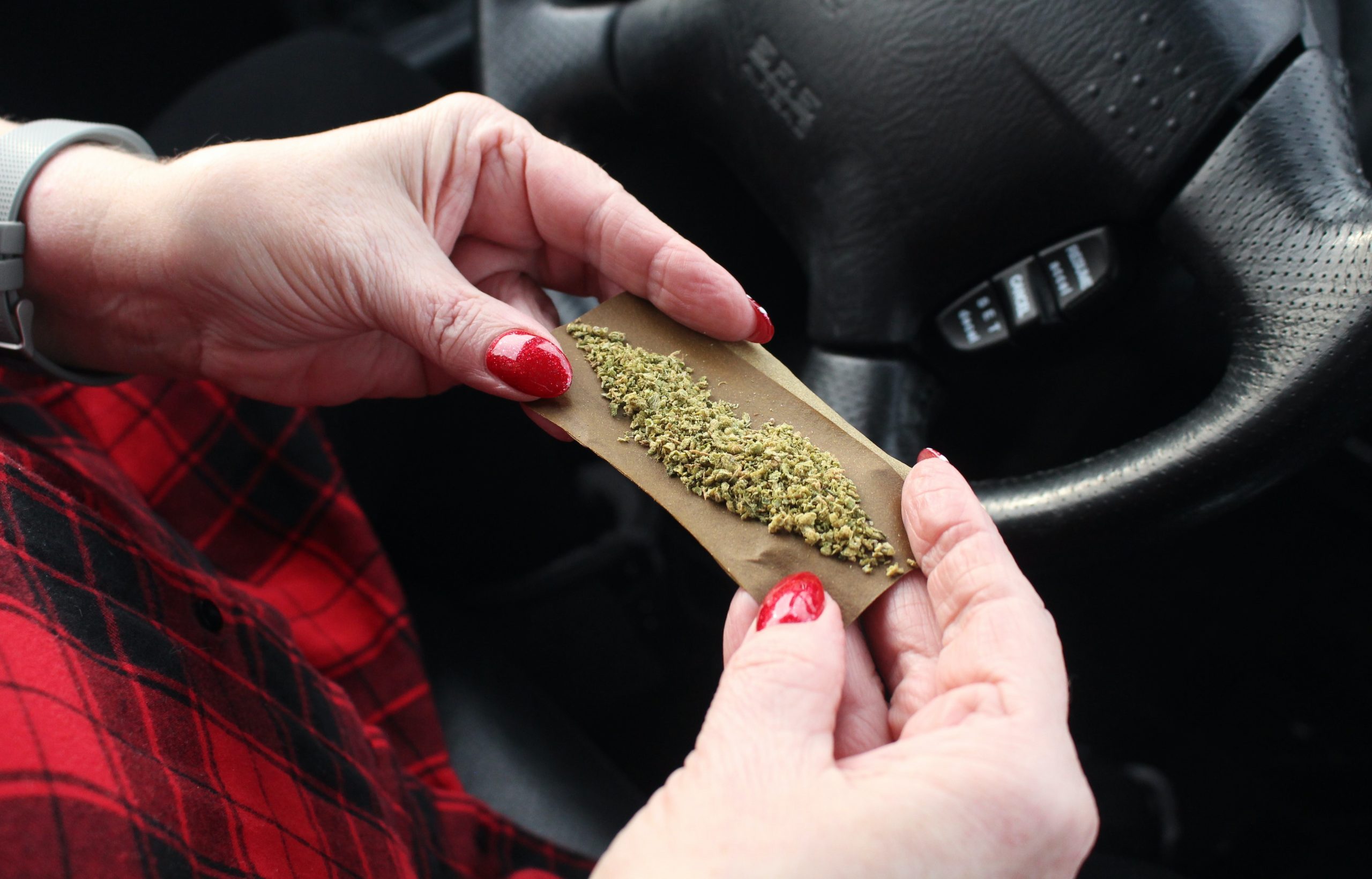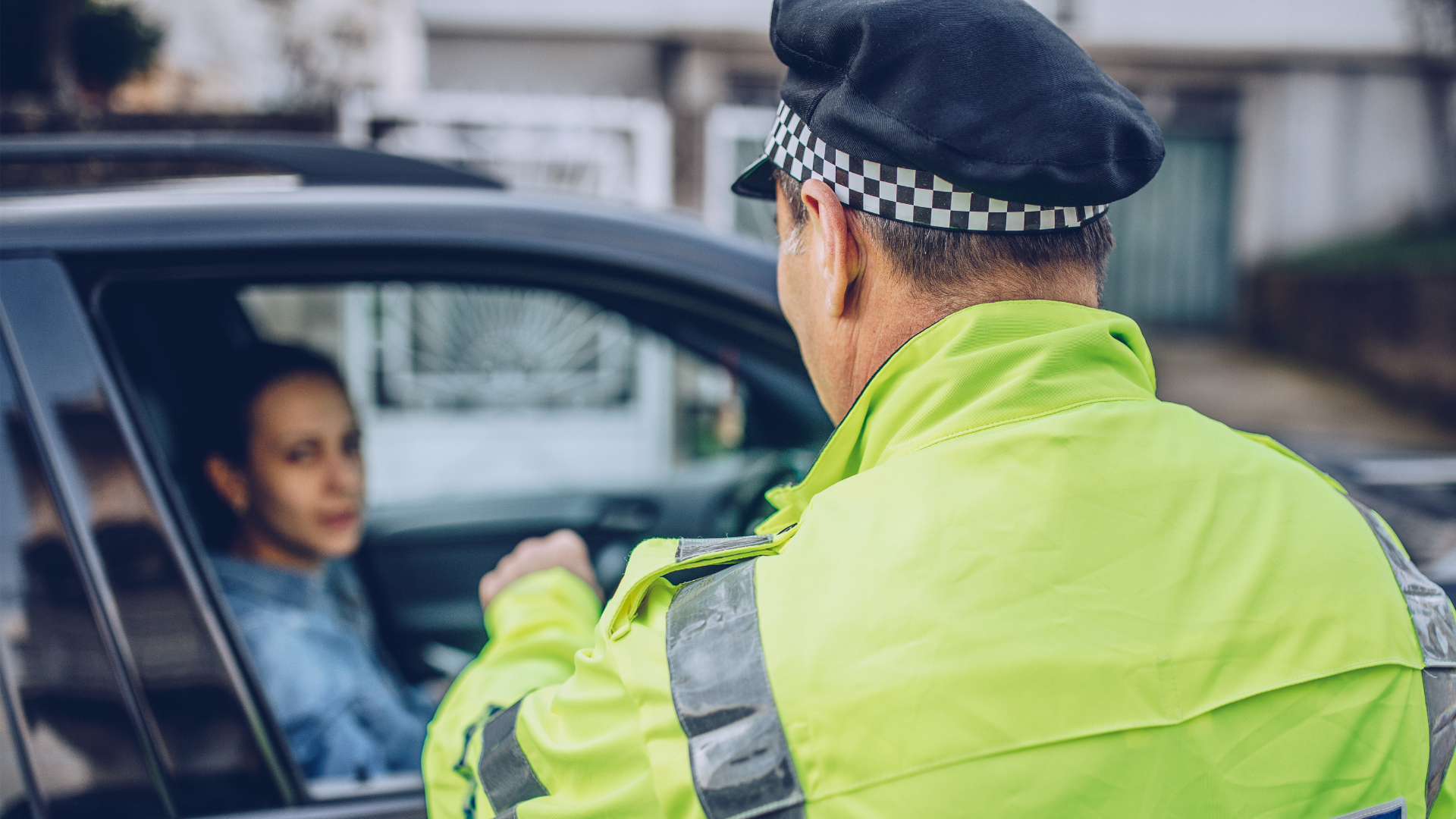
What to do if you are involved in a road traffic accident
Being in a road traffic accident can be an extremely scary and stressful experience. However, if you are planning on making a...
Scullion News & Resources

Understand the facts about drug driving laws, the impact of cannabis on driving, legal limits, detection times, and potential consequences, and what to do if charged for “drug driving”.
Picture this common scenario: you wind down enjoying cannabis to decompress after taxing workdays. It seems harmless enough while relaxing at home. However, understand the serious risks of driving afterwards under the influence. It is critical to know the intricate laws and testing policies around weed and operating vehicles to steer clear of legal pitfalls.
You might think that since cannabis isn’t classified as a “Class A” drug, it’s not that bad for your driving licence. However, the reality is quite different. The current legal limit for tetrahydrocannabinol (THC), the active ingredient in cannabis, is incredibly low. It’s set at 2 micrograms per litre of blood, and to put it into perspective, a recent study showed that a single ‘puff’ on a cannabis joint produced an average immediate blood THC concentration of 18 micrograms (9 times the legal limit). It, therefore, shows you just how incredibly low the prescribed limit for cannabis is. So, it’s crucial to understand the severity of the prescribed limit for cannabis.
No fixed timeframe exists for how long cannabis stays traceable for driving checks. THC metabolites linger longer for some based on individual body chemistry, genetics, frequency of smoking, weed strength ingested, and testing method sensitivities. Regular smokers retain compounds longer, while occasional users process them faster. It varies from person to person.
That logic proves no defence in court if blood levels still clock above the line. Ongoing scientific debate continues around whether THC truly impairs driving abilities. Yet the law remains black-and-white; it exceeds narrow limits, and conviction follows regardless of perceived functionality. No exceptions are made based on tolerance or timing of usage. Assumptions of feeling fine carry grave consequences.
Viable defences rarely prevail in drug driving charges, with laws leaning hard on weed around vehicles. Proving an utterly unavoidable situation may provide slivers of hope. Beyond that, sentence reductions occasionally show “special reasons” tied directly to the incident itself. But broader life consequences of convictions carry no legal sway, like job loss threats. Points weigh more than impact.
No guaranteed safe windows for driving exist following cannabis consumption without a direct drug screening. Roadside saliva tests detect use for 24+ hours, even after effects fade. THC levels spike immediately after smoking, then taper over hours, needing 7–12 hours to go down to the legal limit of 2 micrograms. But traces are identifiable for weeks or months, depending on the frequency of use. For regular smokers, don’t risk it. Wait 30+ days to be fully substance-free to ensure THC totally clears.
Driving convictions involving cannabis often trigger licence suspension for 12+ months, no ifs, ands, or buts. Beyond losing privileges, expect large fines up to £5000 plus potential 6-month imprisonment. Permanent criminal records also follow. If facing charges, seek expert legal guidance immediately and halt any cannabis intake. Laws come down hard on weed around operating vehicles, with lasting ramifications.
Stay educated on the intricacies of cannabis driving laws and testing limitations. Assumed harmlessness carries grave outcomes when cars meet THC. But informed, smart steps steer clear of infringements without totally sobering up forever. Put safety and your future first through knowledge.
If you find yourself in the unfortunate situation of being caught drug driving in Scotland, it’s crucial to seek legal representation as soon as possible with a qualified legal professional who specialises in drug driving cases. They will provide you with expert guidance and help you understand your rights and options. A skilled lawyer can make a significant difference in getting you the best possible outcome.
Scullion LAW’s specialist team is ready to help you. Our expert road traffic law experts can help you develop a robust defence strategy tailored to your circumstances. They will examine the evidence, challenge any flaws in the prosecution’s case, and explore potential legal defences. Our expertise will be invaluable in identifying the most effective defence strategy for your situation. With the right advice and representation, you have more options than you may think.
If you have any questions or need specialised road traffic advice, don’t hesitate to contact us here.

Being in a road traffic accident can be an extremely scary and stressful experience. However, if you are planning on making a...

Under road traffic law, the police have the general power to stop any vehicle routinely or if they suspect a road...

We proudly announce the promotion of Aimee Holmes from Administrator to Legal Clerk in the Road Traffic and Criminal Law...